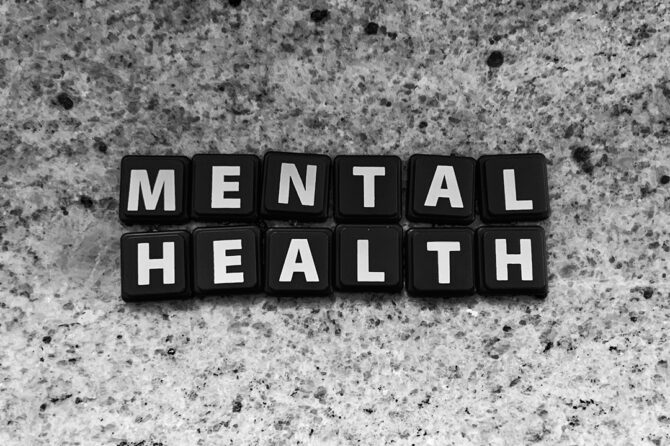
Mental health and men
A few weeks ago we posted a statistic on Facebook that said women are 100% more likely to make health-related appointments. When we’re talking about mental health, the statistic rises even further. Which is concerning when you consider a few other statistics regarding men’s mental health.
Men are 2xs more likely to binge drink than women. Related to that, men have higher alcohol-related deaths and hospitalizations.
49% of men feel more depressed than they’re willing to admit. According to a Today Show survey, men are less likely to voice struggles with depression, substance abuse, and thoughts of suicide.
And along those lines, men are 3.5xs more likely to die by suicide than women.
Unfortunately, this isn’t a comparison game where either sex is the winner. But looking at these statistics does tell us that mental health is a prevalent problem in men today. And yet it is often overlooked, dismissed, or denied.
Frankly, men don’t like to talk about their feelings. Or their problems. Or even admit to themselves that they have any. But this isn’t a healthy or sustainable way to live. Untreated mental illness can negatively affect your health, hurt loved ones, and inevitably damage your own well-being.
And not just in an emotional sense. Untreated chronic mental illness, anxiety, and depression can lead to aches, pains, gastrointestinal distress and worse. It can rob you of sleep—which will lead to more health problems. Hurt your job performance. And often, your bedroom performance.
Thankfully, we live in a day and age where stigma around mental illness is lifting. We’re learning that things like severe anxiety and depression are on the rise, but we’re not alone in our struggles. Many of the adults in our lives are also struggling, whether they want to admit it or not.
Although when you’re in the worst of your anxiety or depression, it might feel like you’re alone. And what an awful place to be—hurting, depressed or anxious, and by yourself in the worst of your pain. But the truth is, you’re not alone. There are licensed professionals out there willing and ready to help you get better.
While therapy might sound out there to you, professional mental health experts aren’t there to judge or scold you. Their goal is to help you get healthy. Much like a medical professional adjusts medications or runs further tests when something is wrong, their goal is to give you the best quality of life. Even if the process makes you uncomfortable for a season.
Medication, therapy, support groups, telehealth appointments, etc. are all aimed at the goal to get you feeling better, thinking better, and living better. You could live with the oppression of depression every day. Or you could do the hard work of reaching out to a professional and making the right choice for your mind, body, and spirit.
Anxiety too, might feel like a bad habit you’ve learned to live with. But instead of being trapped in the never-ending loop of anxious thoughts and panic attacks, you could feel good again, relaxed again, hopeful again. Just because you’re going through something, doesn’t mean you have to stay there. And that’s the most valuable part of getting help—you do eventually, through hard work and sometimes the right medication, get better.
If you see yourself in any part of this post, it’s time to reach out and get help. Contact your doctor or medical professional for a reference if you don’t know where to start. Call our office today for a free consultation, if you’d like. We’re not mental health experts, but we would love to go over getting your testosterone tested to see if there is a hormone-related deficiency. Talk to your wife, or your buddy, or someone you can trust. The point is, ask for help. If you’re struggling with depression, anxiety, or something else, this doesn’t have to be the way it is. Help is possible. You just have to ask.
Contact us HERE!
Leave a reply